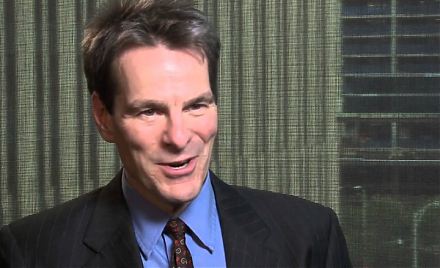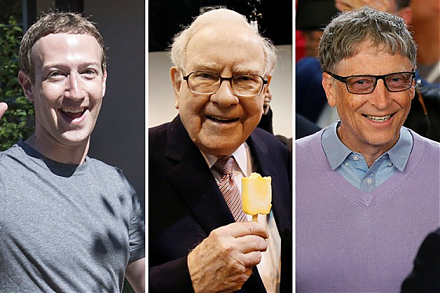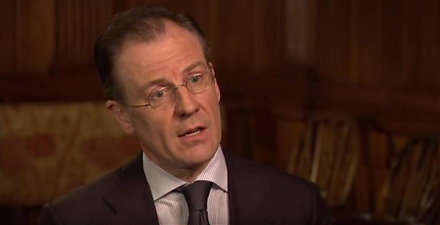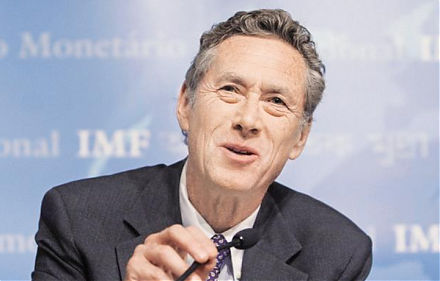

BioRestorative Therapies, Inc. develops therapeutic products and medical therapies using cell and tissue protocols, primarily involving adult stem cells. The company's core programs consist of Disc/Spine Program and Metabolic Program. Disc/Spine Program consists of cell therapy candidate, brtxDISC(TM) is a product formulated from autologous cultured mesenchymal stem cells collected from the patient's bone marrow. Metabolic Program consists of ThermoStem(R), developing an allogeneic cell-based therapy to target obesity and metabolic disorders using brown adipose derived stem cells to generate brown adipose tissue. BioRestorative Therapies, Inc. is based in Melville, New York....
+See MoreSharpe-Lintner-Black CAPM alpha (Premium Members Only) Fama-French (1993) 3-factor alpha (Premium Members Only) Fama-French-Carhart 4-factor alpha (Premium Members Only) Fama-French (2015) 5-factor alpha (Premium Members Only) Fama-French-Carhart 6-factor alpha (Premium Members Only) Dynamic conditional 6-factor alpha (Premium Members Only) Last update: Saturday 28 February 2026
2019-07-07 18:36:00 Sunday ET

The Chinese central bank has to circumvent offshore imports-driven inflation due to Renminbi currency misalignment. Even though China keeps substantial fore
2018-08-09 16:36:00 Thursday ET

President Trump applies an increasingly bellicose stance toward the Iranian leader Hassan Rouhani as he rejects a global agreement to curb Iran's nuclea
2019-08-02 17:39:00 Friday ET

The Phillips curve becomes the Phillips cloud with no inexorable trade-off between inflation and unemployment. Stanford finance professor John Cochrane disa
2016-10-01 00:00:00 Saturday ET

We can learn much from the frugal habits and lifestyles of several billionaires on earth. Warren Buffett, Chairman and CEO of Berkshire Hathaway, still l
2018-09-23 08:37:00 Sunday ET

Bank of America Merrill Lynch's chief investment strategist Michael Hartnett points out that U.S. corporate debt (not household credit supply or bank ca
2019-08-03 09:28:00 Saturday ET

U.S. inflation has become sustainably less than the 2% policy target in recent years. As Harvard macro economist Robert Barro indicates, U.S. inflation has